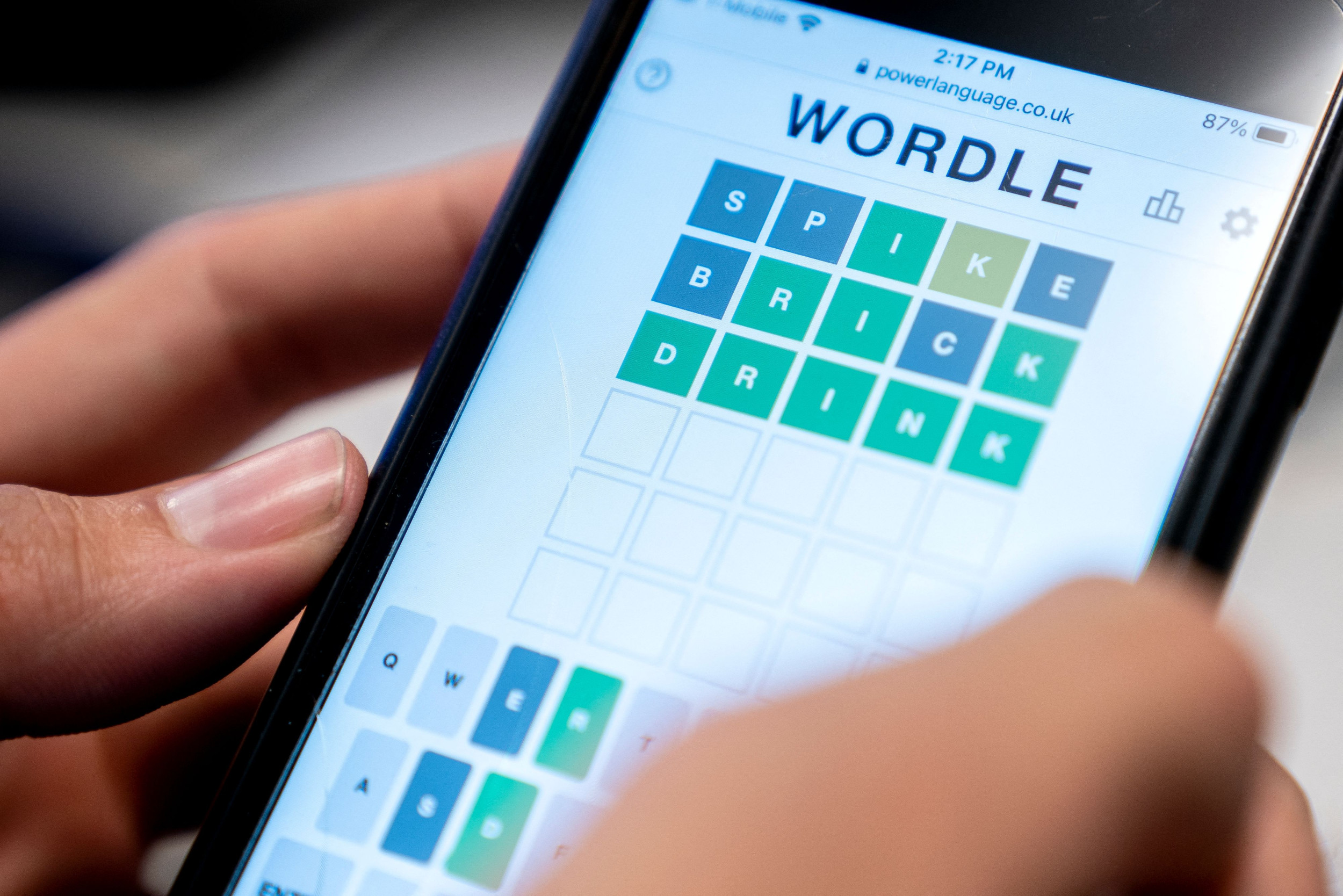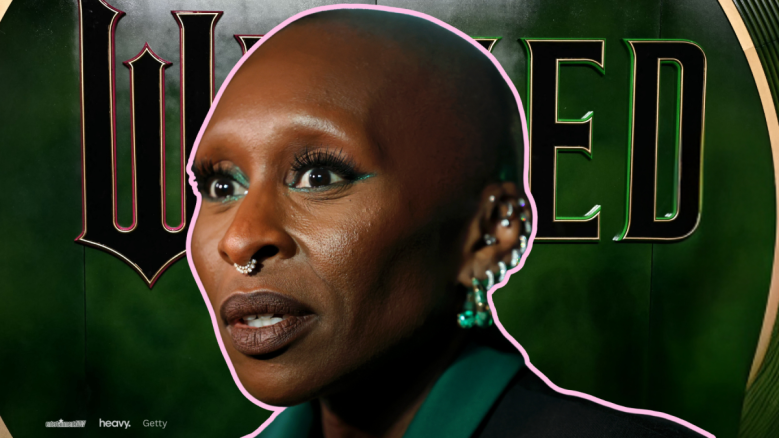At least 50 Boko Haram insurgents were killed in Nigeria on Monday after they ambushed a convoy of Nigerian government protection agency officials in Shiroro, Niger state, according to officials.
Babawale Afolabi, a spokesperson for the Nigeria Security and Civil Defence Corps, said late Tuesday that a team of 80 security operatives tasked with protecting the power network were subject to a surprise attack of roughly 200 Boko Haram fighters during a patrol mission.
At least seven security operatives went missing, according to authorities.
Who Is Boko Haram?
Boko Haram is a Nigerian insurgent group that started fighting in 2009 to oppose Western education and impose their radical version of Islamic law.
This conflict is Africa's longest struggle with militancy and has led to deadly attacks. The insurgents mainly operate in the northeast, but the government says Boko Haram has cells in the largely Muslim Niger state located in North Central Nigeria.

Boko Haram Causes Blackouts
Boko Haram is among armed groups known to sabotage Nigerian power supplies. Northern Nigeria was without power for over a week in October after insurgents damaged equipment, according to the state-owned Transmission Company of Nigeria.
Thousands Killed in Northeastern Nigeria
The United Nations says that roughly 35,000 civilians have been killed and over 2 million more have been displaced in the Northeastern region.
In September, suspected Boko Haram insurgents killed at least 100 villagers in Northeastern Nigeria after opening fire on a market, on worshippers and in people's homes, according to residents.
In 2014, Boko Haram insurgents kidnapped 276 school girls from the village of Chibok in Borno state, the epicenter of the conflict, sending shockwaves through the global community.
The Story of Saratu Dauda
Many of the school girls remain missing, according to an article in The New York Times published in April, in which one of the kidnapping victims who had escaped shared her story.
Saratu Dauda, who was 16 when she was abducted, spent nine years in captivity. She was forced to either get married or become a slave. Dauda chose marriage. She was married twice and had three children with her second husband. Although she was a hostage to Boko Haram, she said she was surrounded by people "who cared about each other like a family."
She escaped after Boko Haram leader Abubakar Shekau died and the group's offshoot, Islamic State West Africa Province, took over the Sambisa forest where Dauda was taken years before. Her family escaped later on and they were reunited with Dauda.
Dauda, who was Christian before her kidnapping, decided to stay a Muslim after her time in captivity.
"I was not brainwashed," she told the Times. "I was convinced by what was explained to me."
This article includes reporting from The Associated Press.




















 English (US) ·
English (US) ·